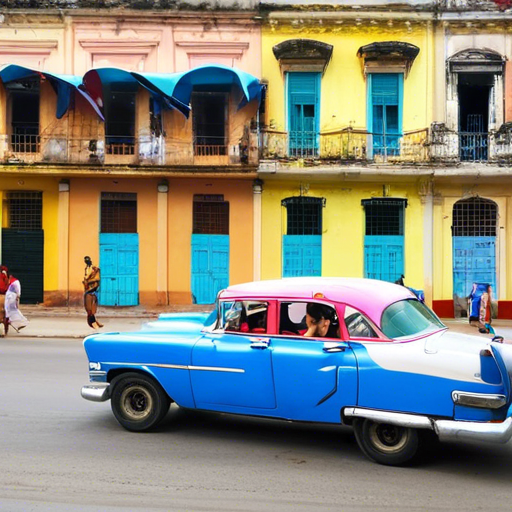 best travel tips for a safe and enjoyable trip to cuba
best travel tips for a safe and enjoyable trip to cuba
 best travel tips for a safe and enjoyable trip to cuba
best travel tips for a safe and enjoyable trip to cuba
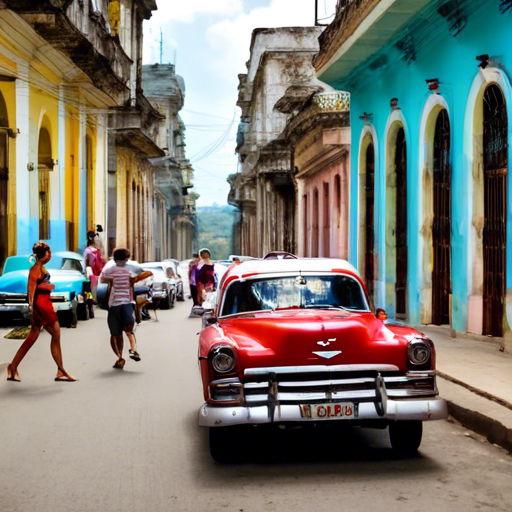 essential safety advice for tourists visiting cuba
essential safety advice for tourists visiting cuba
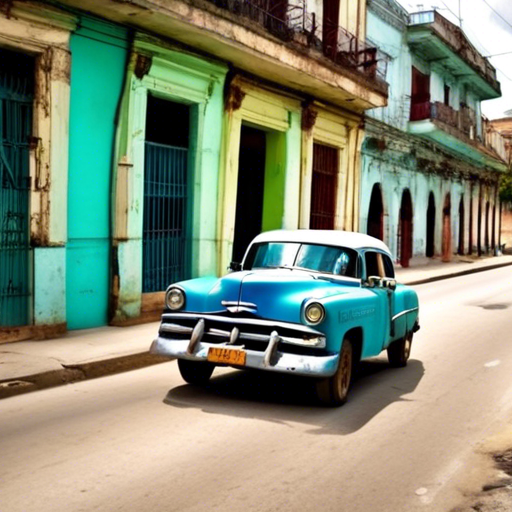 how to navigate cuba safely: practical tips for travelers
how to navigate cuba safely: practical tips for travelers
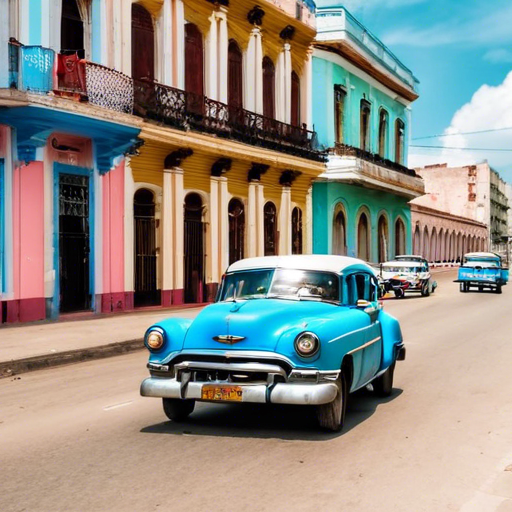 staying safe in cuba: what every tourist needs to know
staying safe in cuba: what every tourist needs to know
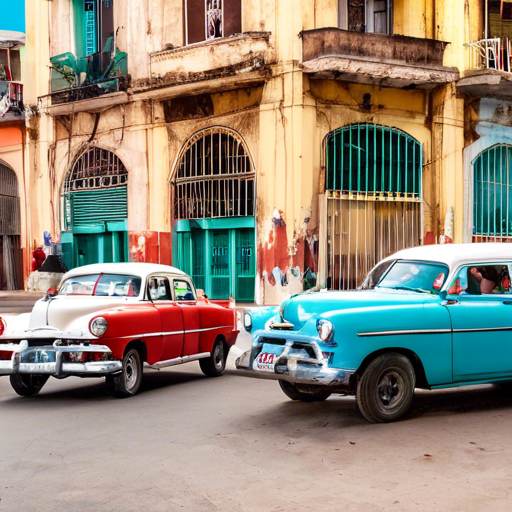 practical information for a worry-free vacation in cuba
practical information for a worry-free vacation in cuba
Practical Information and Safety
Welcome to our comprehensive guide on practical information and safety for travelers to Cuba. Whether you are planning your first visit or are a seasoned traveler, this guide aims to provide you with essential details to ensure a safe and enjoyable trip. From health precautions to local customs, we cover everything you need to know.
Health and Medical Services
When traveling to Cuba, it is crucial to be aware of the health and medical services available. The country has a well-established healthcare system, but there are specific considerations for tourists.
Vaccinations and Health Precautions
Before traveling to Cuba, ensure that your routine vaccinations are up to date. The following vaccinations are recommended:
- Hepatitis A: Recommended for all travelers.
- Hepatitis B: Especially for those who might have intimate contact with locals or require medical treatment.
- Typhoid: Particularly for those staying with friends or relatives or visiting smaller cities or rural areas.
- Rabies: For travelers involved in outdoor activities or those who will be in contact with animals.
It is advisable to carry a basic medical kit, including antiseptics, bandages, and any personal medications. Tap water is not safe to drink, so always opt for bottled water.
Medical Facilities
Cuba offers a range of medical facilities, from local clinics to international hospitals. Tourists are often directed to international clinics, which provide a higher standard of care and English-speaking staff. Here is a brief overview of some key medical facilities:
| Facility | Location | Contact |
|---|---|---|
| Clinica Central Cira Garcia | Havana | +53 7 204 2811 |
| Hospital CIMEQ | Havana | +53 7 208 2800 |
| International Clinic Varadero | Varadero | +53 45 668 555 |
Safety and Security
Understanding the safety and security landscape of Cuba is essential for a worry-free trip. While Cuba is generally safe for tourists, there are specific precautions to consider.
Crime and Personal Safety
Cuba has a relatively low crime rate compared to other Caribbean nations. However, petty crime such as pickpocketing and bag snatching can occur, particularly in crowded areas. To minimize risk:
- Keep valuables in a hotel safe.
- Avoid displaying expensive items like jewelry and electronics.
- Be cautious in crowded places and tourist hotspots.
- Use only registered taxis and avoid hitchhiking.
Violent crime against tourists is rare, but it is always wise to stay vigilant and aware of your surroundings.
Natural Disasters
Cuba is prone to hurricanes, particularly between June and November. It is essential to stay informed about weather conditions and follow local advice during your stay. The Cuban government has effective disaster response protocols, but personal preparedness is key.
Emergency Contacts
In case of emergencies, having the right contact information is crucial. Here are some important numbers:
- Police: 106
- Fire Department: 105
- Ambulance: 104
- Tourist Assistance: +53 7 204 1513
Local Customs and Etiquette
Understanding local customs and etiquette can enhance your travel experience and help you avoid unintentional faux pas.
Social Etiquette
Cubans are known for their hospitality and warmth. When interacting with locals, consider the following:
- Greet people with a handshake and a smile.
- Use formal titles such as "Señor" or "Señora" when addressing elders.
- Respect personal space and avoid overly familiar gestures.
- Be patient and polite, as Cubans value courteous behavior.
Gift-giving is appreciated, especially small items like toiletries or souvenirs from your home country.
Dining Etiquette
Dining in Cuba can be a delightful experience. Here are some tips to keep in mind:
- Wait to be seated by the host.
- It is customary to say "Buen provecho" (enjoy your meal) before eating.
- Leave a small tip, around 10%, as a gesture of appreciation.
- Try local dishes and be open to new culinary experiences.
Understanding these customs can help you navigate social situations with ease and show respect for the local culture.
Transportation and Getting Around
Efficient transportation is vital for a smooth travel experience. Cuba offers various modes of transport, each with its own set of considerations.
Public Transportation
Cuba's public transportation system includes buses, trains, and shared taxis. The bus network is extensive and affordable, but it can be crowded and less reliable. Trains offer a scenic way to travel, though they are slower and less frequent.
Car Rentals
Renting a car provides flexibility and convenience. However, it is essential to be aware of the following:
- Book in advance, especially during peak tourist seasons.
- Inspect the vehicle thoroughly before renting.
- Carry a valid driver's license and insurance documents.
- Be cautious of road conditions and local driving habits.
Car rentals can be arranged through major international companies or local agencies.
Taxis and Ride-Sharing
Taxis are widely available in urban areas. Ensure that you use registered taxis and agree on the fare before starting your journey. Ride-sharing services are limited but growing in popularity.
By understanding the transportation options and planning accordingly, you can navigate Cuba with ease and confidence.
Conclusion
Traveling to Cuba can be a rewarding experience filled with rich cultural encounters and stunning landscapes. By staying informed about health precautions, safety measures, local customs, and transportation options, you can ensure a safe and enjoyable trip. We hope this guide provides you with the practical information needed to make the most of your Cuban adventure.
